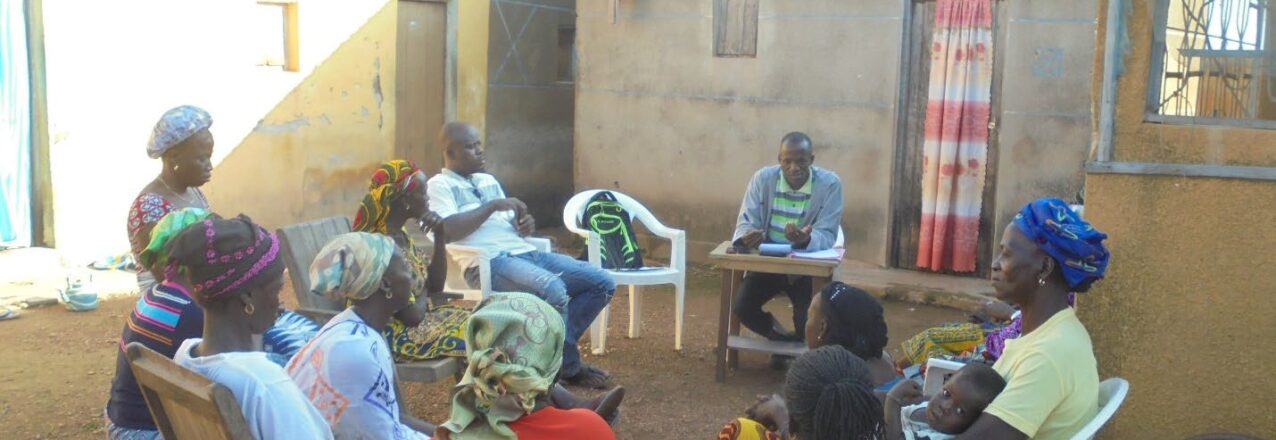The Complexity-Aware Monitoring, Evaluation and Learning (CAMEL) Plan is a critical management tool designed to measure progress and assist the implementation of the Improving Land Access for Women (ILAW) Activity. This plan outlines ILAW’s approach to data collection, management, analysis, and reporting of a selection of output- and outcome-level performance indicators. The plan also includes ILAW’s complexity-aware approach to strategic collaboration, continuous learning, and adaptive management (CLA) to obtain feedback from partners and stakeholders, monitor changing conditions in the country, review and discuss successes and challenges, and apply lessons learned to upcoming activities and correct course when necessary.
The CAMEL Plan is a living document, which the ILAW team will update during work planning to reflect continuous learning, with the concurrence of the Task Order Contracting Officer (TOCO). The plan centers on two core concepts:
- Complexity-Aware Monitoring (CAM). ILAW takes a complexity-aware approach to monitoring and evaluation (M&E), recognizing that continuous information about changing conditions is critical for successful adaptive management. ILAW will supplement traditional performance monitoring with CAM methods to understand and adapt to changing conditions, measure unintended consequences, and improve knowledge of the cause-and-effect relationships inherent to influencing social change.
- Do No Harm. Existing evidence suggests that specifically supporting only women could have the unintended effect of increasing the risk of women losing their land or of gender-based violence (GBV). In addition, Côte d’Ivoire’s socio-political dynamics related to land are highly sensitive, especially in the Western regions where land-based conflicts are cited as a key driver of violence. The ILAW Chief of Party (COP) and Gender Specialist will train all staff and partners on do no harm principles and integrated into weekly reporting and meetings discussion of specific risks related to social conflicts and GBV. Senior ILAW staff and field partners will instruct field agents to inform supervisors immediately in case of acute risks or threats. Field partners will liaise with the national office and local authorities as appropriate, and ILAW staff will liaise with USAID. Table 1 below shows an indicative list of risks as well as mitigation measures.


